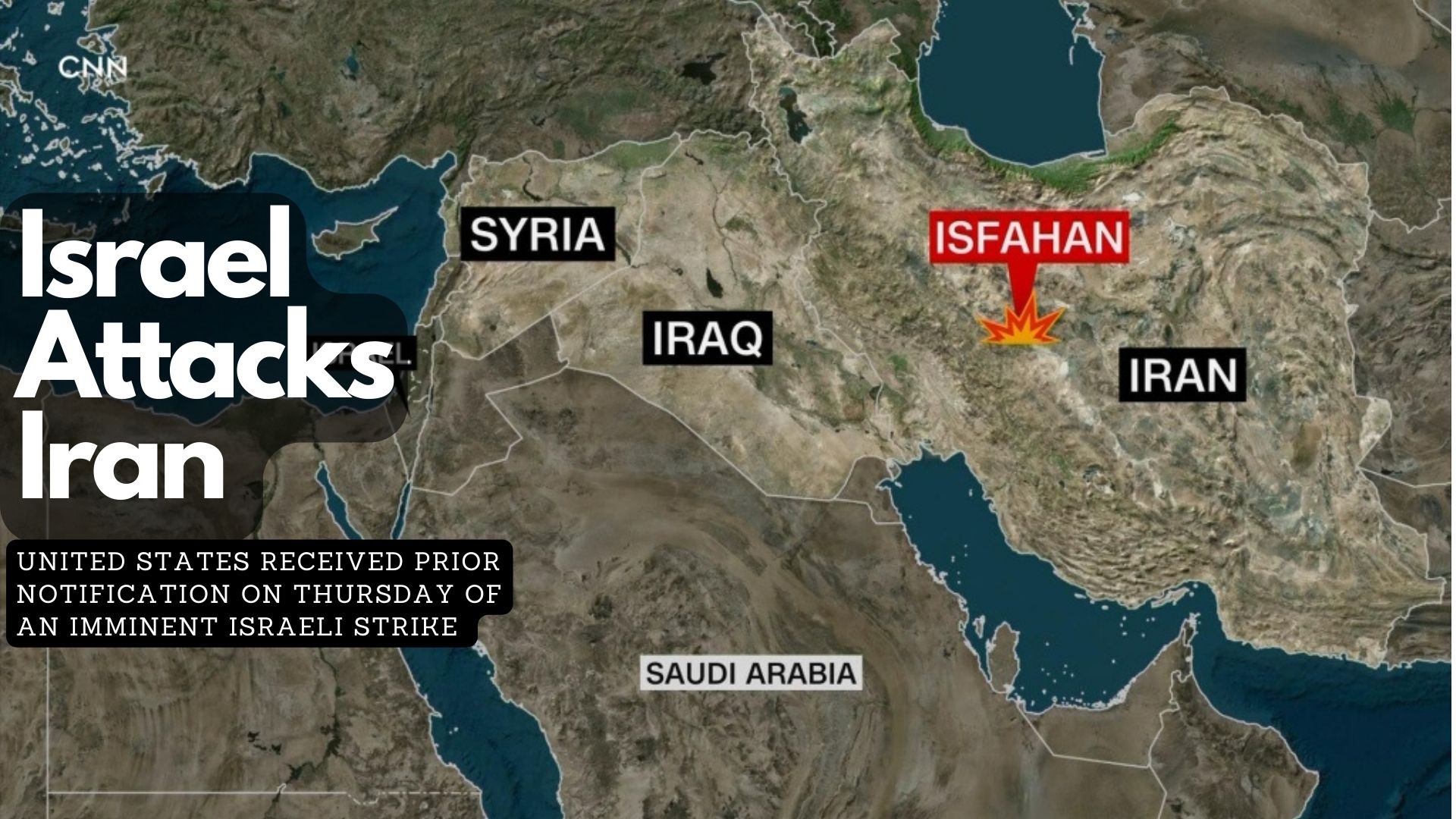Israel conducted a military strike inside Iran. This marks a potentially hazardous escalation in the rapidly evolving conflict across the Middle East. Iranian state media said that the country’s air defense systems were activated in Isfahan and Tabriz following three explosions near a major military airbase close to Isfahan.
Major General Abdolrahim Mousavi, Iran’s army commander-in-chief, attributed the explosions above Isfahan to anti-aircraft systems engaging a suspicious object, without causing damage. Other Iranian sources mentioned the interception of three drones by air defenses, with no reports of a missile strike.
U.S. Secretary of State Antony Blinken confirmed later that the US was not involved in any offensive operations but was focused on Israel’s defense and de-escalation efforts.
Tensions in the Middle East have remained high since Iran’s unprecedented direct strike against Israel on Saturday, which saw Iran launch over 300 drones and cruise missiles towards Israel in retaliation for a suspected Israeli strike on an Iranian diplomatic complex in Damascus earlier in April.
The Western allies of Israel have voiced support for Israel while also calling for restraint in the wake of Iran’s attack on Saturday.
